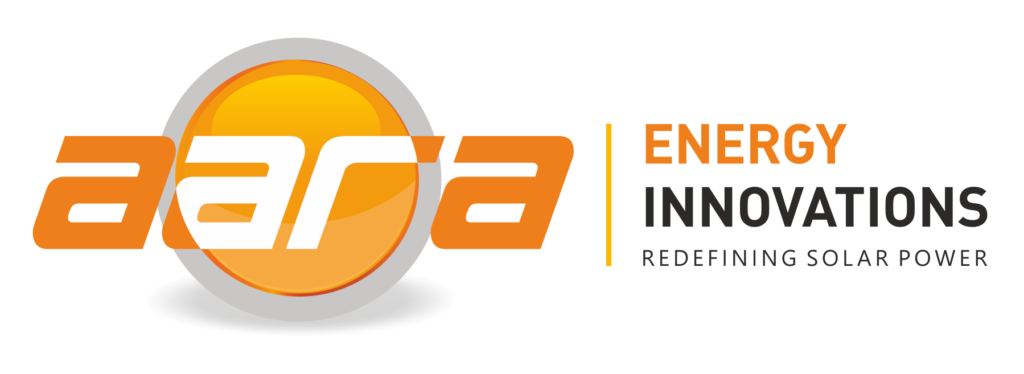
IGBC rating
Going towards Green Manufacturing
Cutting Down Carbon Emissions
Energy Independence and Cost Savings
Solar rooftops provide a direct source of clean energy, reducing dependency on grid electricity, which is often generated from fossil fuels. This leads to:
✅ Lower energy bills – Solar power offsets electricity costs, resulting in long-term savings.
✅ Less exposure to energy price volatility – With rising power tariffs, generating your own electricity ensures price stability.
✅ Return on Investment (ROI) – Most solar rooftop systems break even within 2-3 years, after which energy is virtually free.
Solar rooftops provide a direct source of clean energy, reducing dependency on grid electricity, which is often generated from fossil fuels. This leads to:
-
Lower energy bills – Solar power offsets electricity costs, resulting in
long-term savings.
- Less exposure to energy price volatility – With rising power tariffs, generating your own electricity ensures price stability.
- Return on Investment (ROI) – Most solar rooftop systems break even within 2-3 years, after which energy is virtually free.

Reducing Grid Dependency and Enabling Energy Efficiency
Solar rooftops contribute to decentralized energy generation, reducing the burden on centralized power plants and transmission infrastructure. This minimizes line losses and enhances overall energy efficiency. Additionally, surplus solar energy can be fed back into the grid through net metering, promoting a more sustainable energy ecosystem.
Alignment with ESG and Sustainability Goals
Sustainability is no longer a buzzword—it’s a critical component of corporate strategy. Installing solar rooftops aligns with Environmental, Social, and Governance (ESG) goals, making companies more attractive to investors, stakeholders, and environmentally conscious consumers.
✔ Green certifications and carbon credits
✔ Enhanced brand reputation
✔ Compliance with global sustainability mandates





